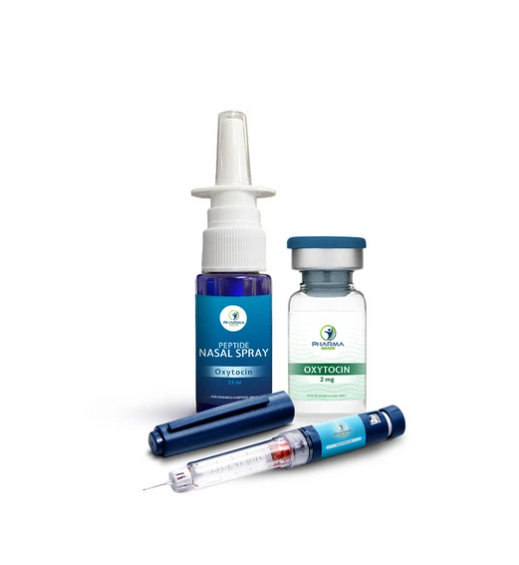Purchase Oxytocin Peptide
Oxytocin is a hormone and neuropeptide synthesized in the hypothalamus and secreted by the pituitary gland. Commonly known as the “love hormone” or “bonding hormone,” it is integral to social connections, sexual reproduction, childbirth, and postpartum processes. Researchers are investigating its potential therapeutic uses in mental health, focusing on conditions like autism, social anxiety, and depression.


